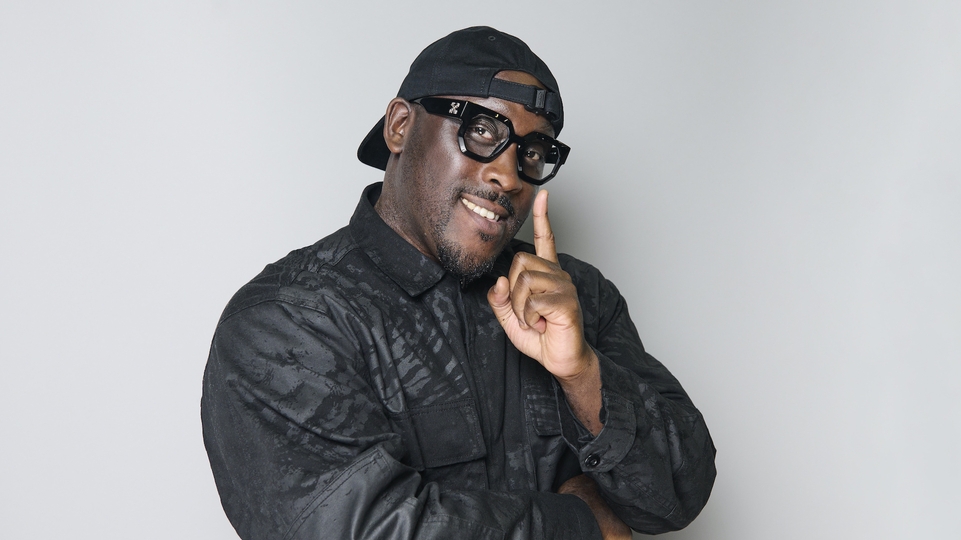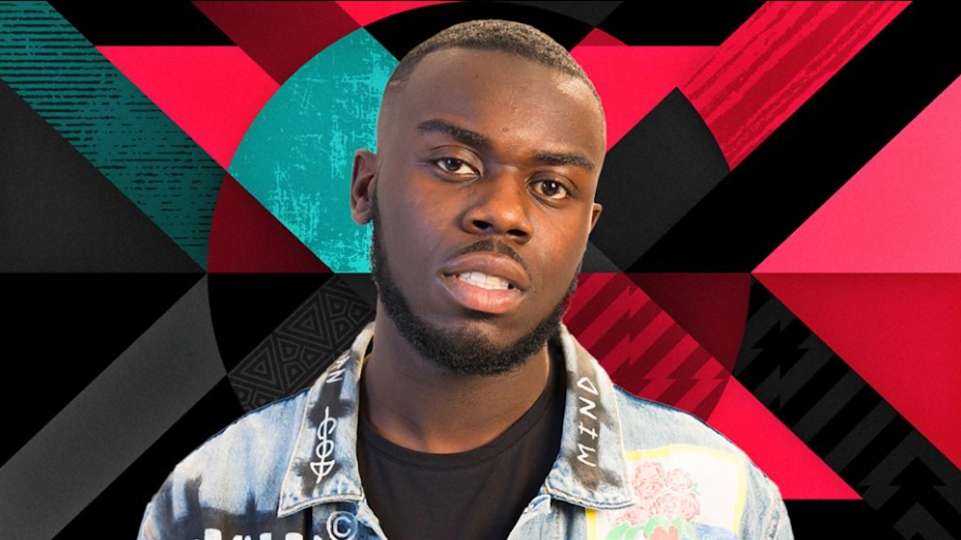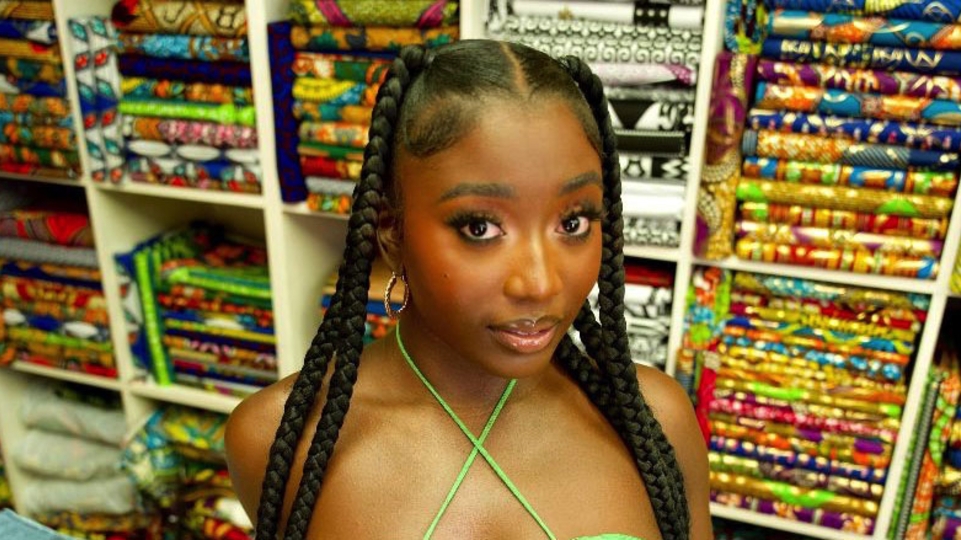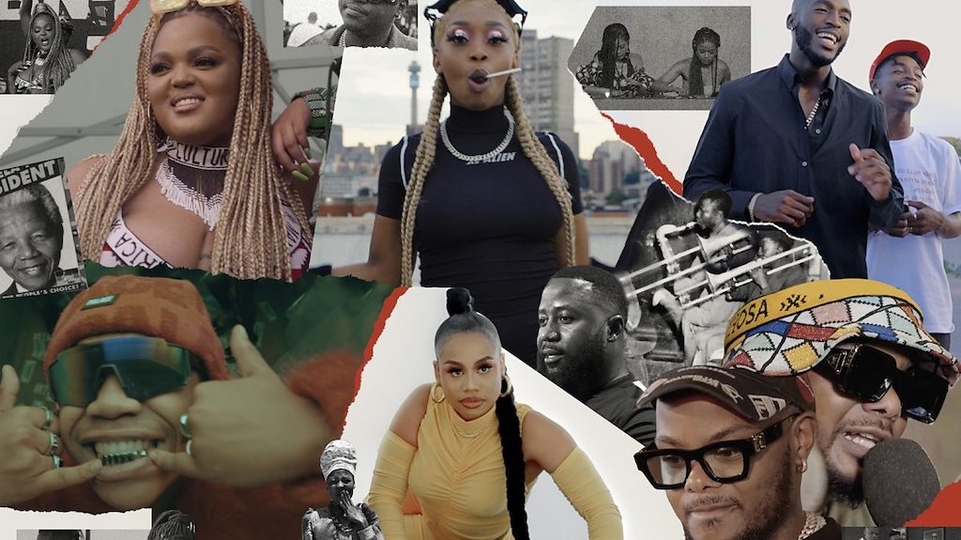
DJ Firestarr: the long game
A true rap obsessive, DJ Firestarr has built a career on passion, consistency and perseverance. Playing the long game and making opportunities for himself, he talks to DJ Mag about parental encouragement, touring with Giggs and his podcast series Influential Records
For British-born DJ Firestarr, it was the US rap scene that birthed his love for music, way back in 1995. His first ever music purchase was Bone Thugs-N-Harmony’s ‘Tha Crossroads’, and further facilitating his infatuation was Yo MTV Raps!, a show which, at the time, aired in the early hours of the morning. “I used to record it every night and watch it before or after school,” he laughs.
Growing up in East Anglia, Firestarr recalls travelling to London eager for a bite of rap culture. He and his friends would visit iconic West End record store Dark N’ Cold as teenagers — years that were pivotal in shaping his inaugural relationship with music.
Back then, Black cultural productions such as hip-hop, and later grime, were outside the mainstream purview in smaller cities such as Peterborough, where Firestarr began his journey as a disc jockey. “It was harder to access these spaces,” he acknowledges. Despite this, local hub The Park Nightclub provided a foundation for Firestarr’s start in the music industry.
“These guys were ahead of their time,” he says. “I was so young; the first time I actually DJ’d, I was underage.” As he laughs at his desperation at the time, he recalls DJ Supa T being instrumental in helping him navigate Peterborough’s somewhat desolate space. “This is a guy who was giving me designated slots in his sets. When I got to know the ropes a bit, he would give me an hour to do what I wanted.”
Other formative moments came in 1999, when then-BBC DJs such as Chris Goldfinger and Tim Westwood visited and played at the Peterborough hub, helping to build its recognition and the expansion of diverse sounds across the nation.
“These guys [had access] to reggae and dancehall, so this naturally brought soundsystem sounds to Peterborough. They were bringing through the likes of Stone Love, Mighty Crown.”
This shaped Firestarr’s early palate and fed his knowledge of what was happening on the ground in cultural epicentres like London. Alongside tracks from staples like Giggs, Lil Wayne, French Montana and K Koke, Firestarr mixes are still garnished with markers of this time. Whether bashment horns or charismatic, over-the-top DJ tags and call outs, it’s clear that lessons from dancehall culture have helped form who he is as a DJ.

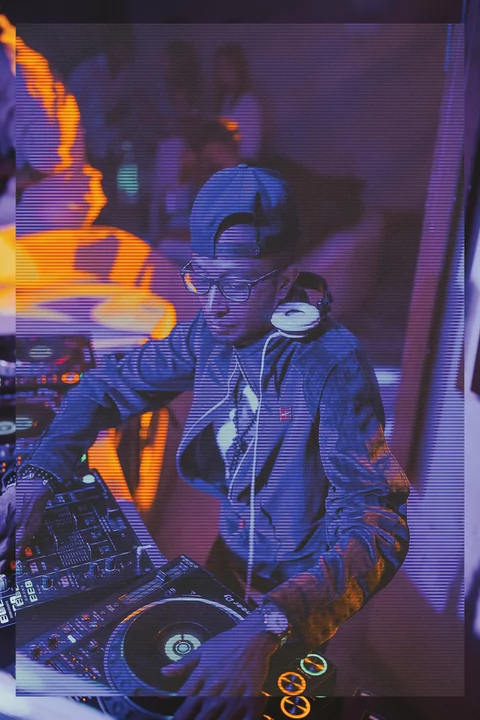
Encouragement
Born to Indian parents, and part of an immigrant household — by way of Kenya and Uganda — the assumed pressure to perform academically in professional settings was shattered in the case of Firestarr. His parents were in full support of his ambitions to pursue a career in music.
“Music was integral to my household,” he asserts. “Whether it was classical Hindi films or Bollywood music, my mum in particular was always vibing to music.” It was his mother who assisted him in following his dreams, leading the household's financial support for DJ Firestarr. “Some parents may not see music as the correct path, but it means so much to me to have had the encouragement on all levels, and their blessing.”
Firestarr continued to hone his craft and build his reputation throughout his time studying, first at Nottingham Trent and then Derby University. He solidified relationships throughout the Midlands, performing at student unions and across the university circuit, consistently playing at local clubs such as Oceana (now PRYZM) in Nottingham, Leicester and Birmingham, before eventually returning to Nottingham Trent and gaining his own hip-hop night. “I had a passion for events and knew in my heart that I wanted to have my own shot to put myself on,” he says. In 2008, Firestarr began booking the likes of Target, an emerging Chipmunk, and others from the pantheon of Black British talent, expanding the diversity of offerings in the region at the time.
It was the 2010s, however, that saw Firestarr really reap the rewards of half a decade spent dominating the Midlands student scene, building relationships with London acts that “allowed for bigger opportunities”. After booking Giggs in 2014, he remained in contact with the veteran UK rapper.
“I don’t wanna overplay it,” he laughs, recounting how, following a Christmas message to Giggs two years later, in the wake of his top-five ‘Landlord’ success, Firestarr lightly offered his support if the MC was ever to tour the project. A few months later, that gesture was taken up. “I’ll never forget, he followed up with me on April Fools’ Day 2017,” Firestarr recalls.
Submerged in the surreal experience that was the Landlord tour of 2017, Firestarr had to mentally challenge himself to communicate with audiences and become more charismatic as a performer. Firestarr had to nullify his nerves through perseverance, learning from DMO DeeJay.
“He pushed me to shine; he spoke, he was loud and was screaming our names. We started working together to energise the crowd. It really was learning on the job.”

Documentation
During the pandemic, DJs had to operate digitally, and for Firestarr, whose mother passed away last year, disaster struck, as well as a crisis. “I was completely broken to be honest,” he says. But after re-grouping with friends from his childhood, Spotify became his outlet, alongside producing a short-term residency for BBC Asian Network.
“I wanted a place where my work could sit and be mine,” he says of his new podcast, Influential Records. Launched in October 2020, the podcast asks artists about songs from their formative years that helped in cultivating their artistry. Featuring Usain Bolt, Cham, K Koke, Yemi Alade and other diasporic figures, Firestarr is clear in his goal to appease fans. “I really wanted to push the button on this one and not just give any insight, but give fans the real story.”
Being a part of Black cultural enclaves and the documentation of them can amass critique — Tim Westwood has frequently faced these criticisms throughout his career, as well as artists like Ed Sheeran and other non-Black figures. Firestarr, who is cognisant of the ongoing dialogue, acknowledges that he’s a guest in, as he puts it, “the culture”. However, he also feels like he’s had to earn his stripes because of that. “It’s important not to lose sight of the people who are not Black, but who do great things for the culture,” he shares.
As he continues to build his career as a DJ, curator and podcaster, it’s more than evident that DJ Firestarr is content to play the long game.
